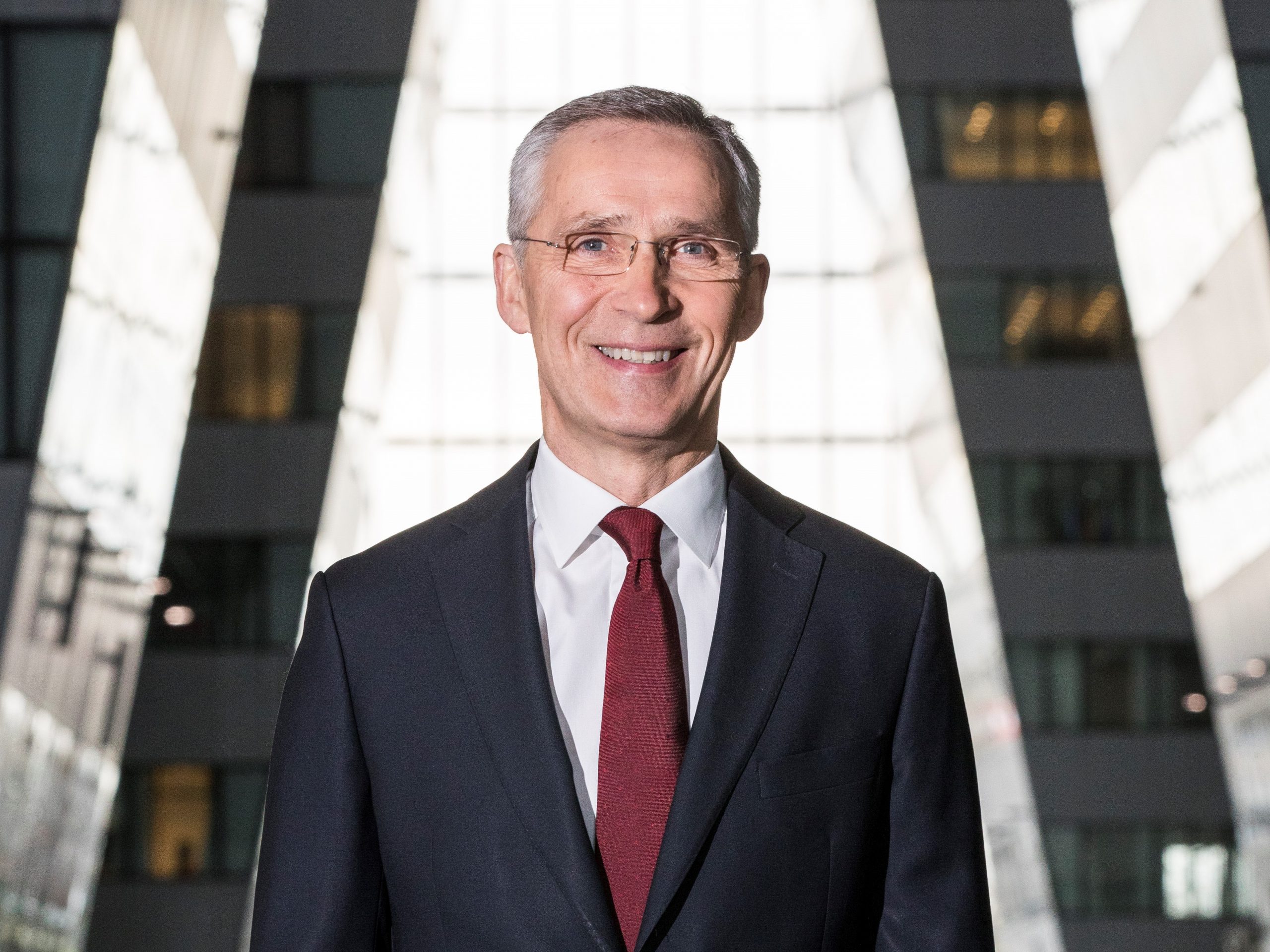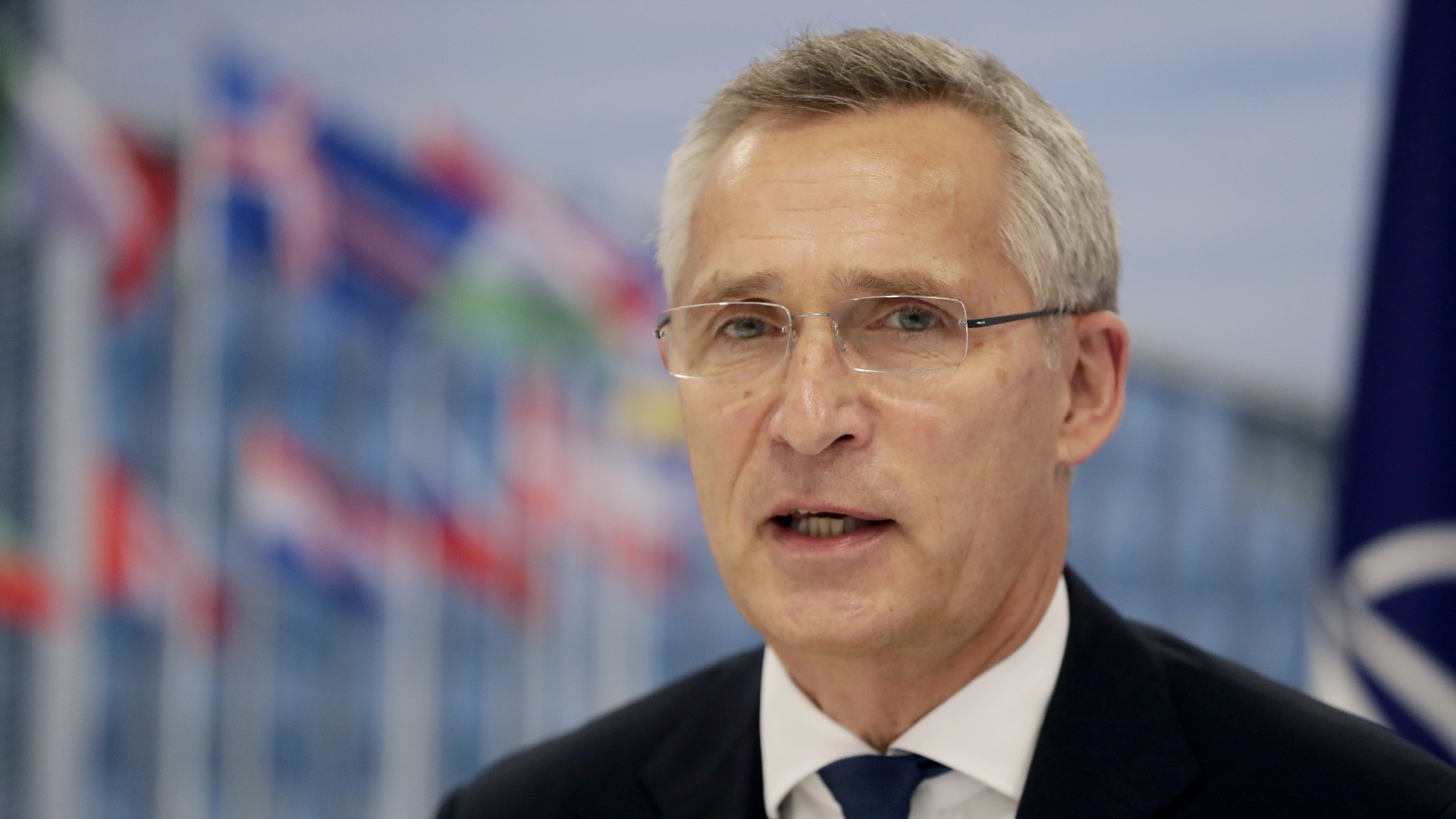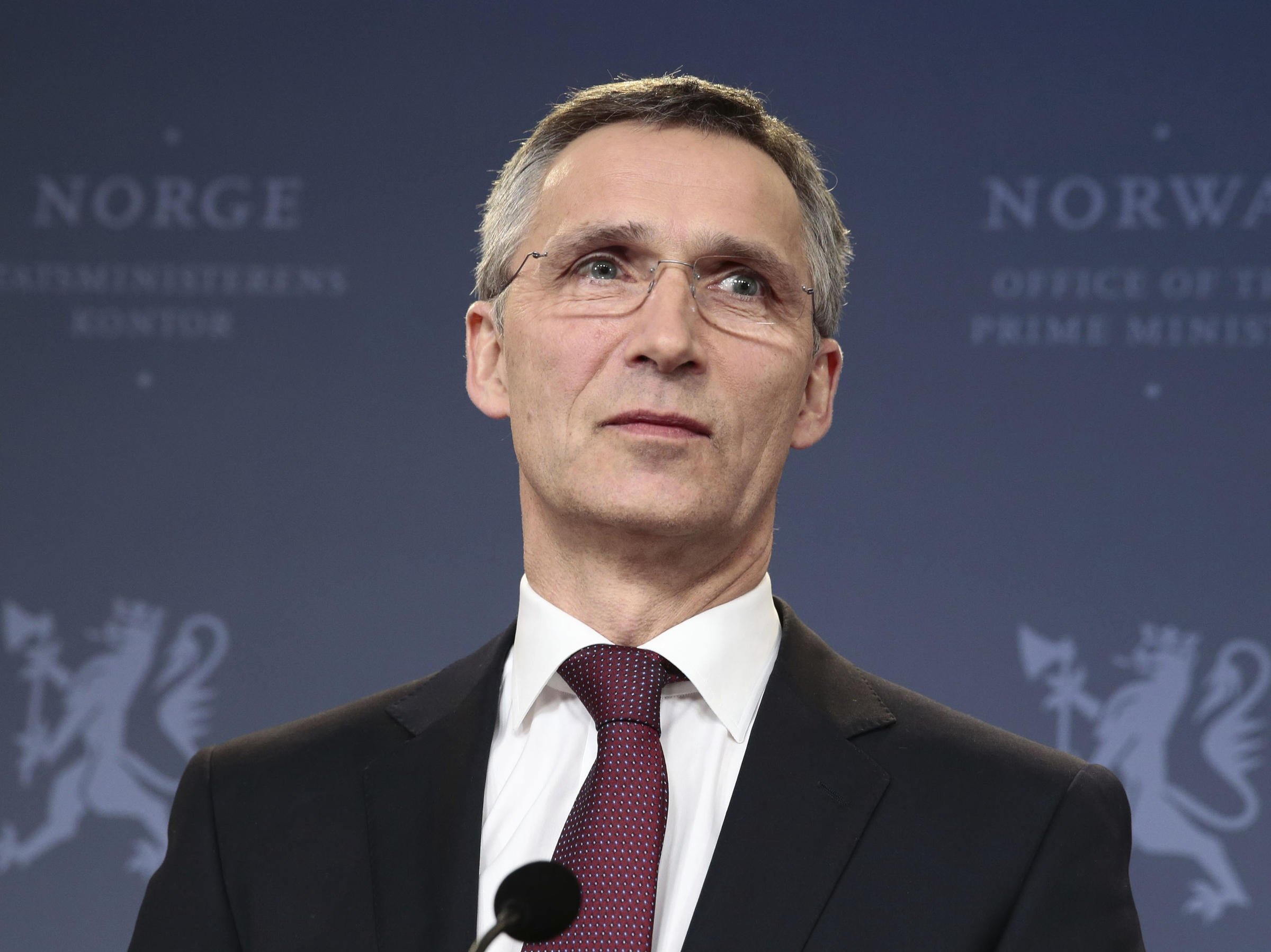Jens Stoltenberg’s Role as NATO Secretary-General

As the Secretary-General of the North Atlantic Treaty Organization (NATO), Jens Stoltenberg has played a pivotal role in leading the alliance through complex global challenges. Since assuming office in 2014, he has overseen a period of significant transformation and adaptation within NATO.
Responsibilities and Key Achievements
As Secretary-General, Stoltenberg is responsible for providing strategic direction and leadership to NATO. He chairs the North Atlantic Council, the alliance’s top decision-making body, and represents NATO in international forums. Under his leadership, NATO has strengthened its collective defense capabilities, enhanced its partnerships with non-member countries, and promoted dialogue and cooperation with Russia.
Jens Stoltenberg, the NATO Secretary General, has been a vocal critic of Russia’s invasion of Ukraine. He has also been a strong supporter of Ukraine’s sovereignty and territorial integrity. In a recent speech, Stoltenberg said that NATO is “determined to stand with Ukraine for as long as it takes.” He also called on the international community to continue to provide Ukraine with the military and financial support it needs to defend itself.
Mark Warner , a Democratic senator from Virginia, has also been a strong supporter of Ukraine. He has called on the Biden administration to provide Ukraine with more military aid and to impose tougher sanctions on Russia.
One of Stoltenberg’s key achievements has been the implementation of NATO’s “Readiness Action Plan,” which has significantly increased the alliance’s ability to respond quickly to emerging threats. He has also overseen the establishment of the NATO Innovation Hub, which fosters collaboration between the alliance and the technology sector.
Jens Stoltenberg, NATO’s Secretary General, spoke on the importance of maintaining a strong transatlantic alliance in the face of Russian aggression. Stoltenberg’s remarks come as President Biden recently gave an ABC interview where he discussed the need to deter Russian aggression and support Ukraine.
Stoltenberg echoed Biden’s sentiments, emphasizing the need for NATO allies to work together to ensure the security of the alliance.
Timeline of Tenure
Stoltenberg’s tenure as Secretary-General has been marked by several significant events and initiatives:
- 2014: Stoltenberg takes office as NATO Secretary-General.
- 2016: NATO deploys the Very High Readiness Joint Task Force (VJTF) in response to the Russian annexation of Crimea.
- 2017: NATO adopts the “Readiness Action Plan” to strengthen its collective defense capabilities.
- 2018: NATO establishes the NATO Innovation Hub to foster collaboration with the technology sector.
- 2022: NATO responds to the Russian invasion of Ukraine by providing military support to Ukraine and activating the NATO Response Force.
Leadership Style
Stoltenberg’s leadership style is characterized by his ability to build consensus among NATO’s 30 member states. He is known for his diplomatic skills and his commitment to dialogue and cooperation. Stoltenberg has also been a strong advocate for NATO’s values of democracy, freedom, and the rule of law.
Jens Stoltenberg’s Advocacy for Transatlantic Security

Jens Stoltenberg has been a staunch advocate for transatlantic security and cooperation throughout his tenure as NATO Secretary-General. He believes that the North Atlantic Treaty Organization (NATO) is a vital alliance that ensures the collective defense and security of its member states. Stoltenberg has worked tirelessly to strengthen the transatlantic partnership and promote unity and collaboration within the alliance.
Strengthening Cooperation between Europe and North America
Stoltenberg has recognized the importance of a strong partnership between Europe and North America for the security of the transatlantic region. He has emphasized the need for NATO members to work together to address common challenges, such as terrorism, cyber threats, and hybrid warfare. Stoltenberg has also encouraged increased cooperation between NATO and the European Union (EU) to ensure a comprehensive approach to security.
Promoting Unity and Collaboration within NATO, Jens stoltenberg
Stoltenberg has played a key role in fostering unity and collaboration within NATO. He has emphasized the importance of consensus-based decision-making and has encouraged member states to work together to find common ground. Stoltenberg has also been instrumental in promoting dialogue and cooperation between NATO and non-member states, such as Russia and Ukraine.
Jens Stoltenberg’s Engagement with Russia and Ukraine

Jens Stoltenberg’s tenure as NATO Secretary-General has been marked by significant engagement with Russia and Ukraine, both of which have had a profound impact on European security.
Diplomatic Efforts and Sanctions
In response to Russia’s annexation of Crimea and its involvement in the conflict in eastern Ukraine, Stoltenberg has pursued a dual-track approach that combines diplomatic efforts with the imposition of sanctions. He has engaged in direct talks with Russian officials, including President Vladimir Putin, in an attempt to de-escalate tensions and find a political solution to the conflict. At the same time, he has supported the imposition of economic sanctions on Russia, aimed at pressuring the country to change its behavior.
Support for Ukraine
Stoltenberg has been a vocal supporter of Ukraine’s sovereignty and territorial integrity. He has condemned Russia’s actions in Ukraine and has called for the full implementation of the Minsk agreements, which were negotiated to end the conflict in eastern Ukraine. NATO has also provided significant military and financial assistance to Ukraine, including the provision of training and equipment to the Ukrainian armed forces.
Future of Russia-NATO Relations
Stoltenberg has stated that the future of Russia-NATO relations will depend on Russia’s actions. He has said that NATO is open to dialogue with Russia, but that it will not compromise on its core principles of collective defense and the right of each nation to choose its own security arrangements. He has also warned that NATO will continue to strengthen its defenses if Russia continues to pose a threat to its members.